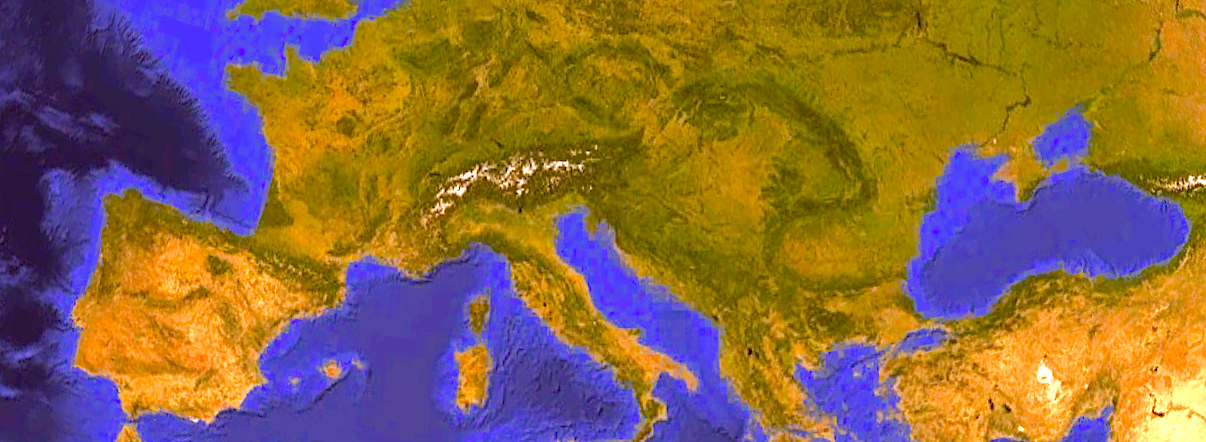In Spring 2015, Social Science Matrix sponsored an initiative to develop a Designated Emphasis in European Studies at UC Berkeley.
Led by Jeroen Dewulf, Director of UC Berkeley’s Institute of European Studies, the purpose is to convene a core faculty group to develop a new interdisciplinary degree in European Studies for Ph.D. students. “This would be our first degree in European Studies at the graduate level,” Dewulf explains.
Participants in the advanced degree program could include the UC Berkeley Departments of History, Law, Agricultural and Resource Economics, Sociology, Economics, Scandinavian, Anthropology, History of Art, German and Dutch, Political Science, Italian, Business, Architecture, Comparative Literature, Rhetoric, Spanish and Portuguese, Interdisciplinary Studies, Slavic, and French.
The Designated Emphasis will allow graduate students to earn a degree that spans traditional disciplinary boundaries. “European Studies is characterized by an interdisciplinary orientation,” Dewulf wrote in the initial proposal for this project, which noted the new degree program would afford students “with privileged access to fellowships and contacts to a series of European partner institutions and give them the chance to interact with European visiting scholars and guests speakers at…lectures, conferences, and events.”
An interdisciplinary degree is necessary, Dewulf notes in the proposal, as the meaning of “European Studies” — like Europe itself — has evolved over the past decades. “Dramatic changes within Europe’s borders as a result of internal and international migration and the complex relationship between the EU and the neighboring territories Ukraine, Russia, Turkey, northern Africa, and the Arctic evokes a series of social, cultural and political questions that can only be dealt with from an interdisciplinary, multilingual, intercultural and transnational perspective,” the proposal explains. “A DE in European Studies at Berkeley would provide an interdisciplinary framework that corresponds to the intellectual challenges inherent to this globalizing tendency.”
